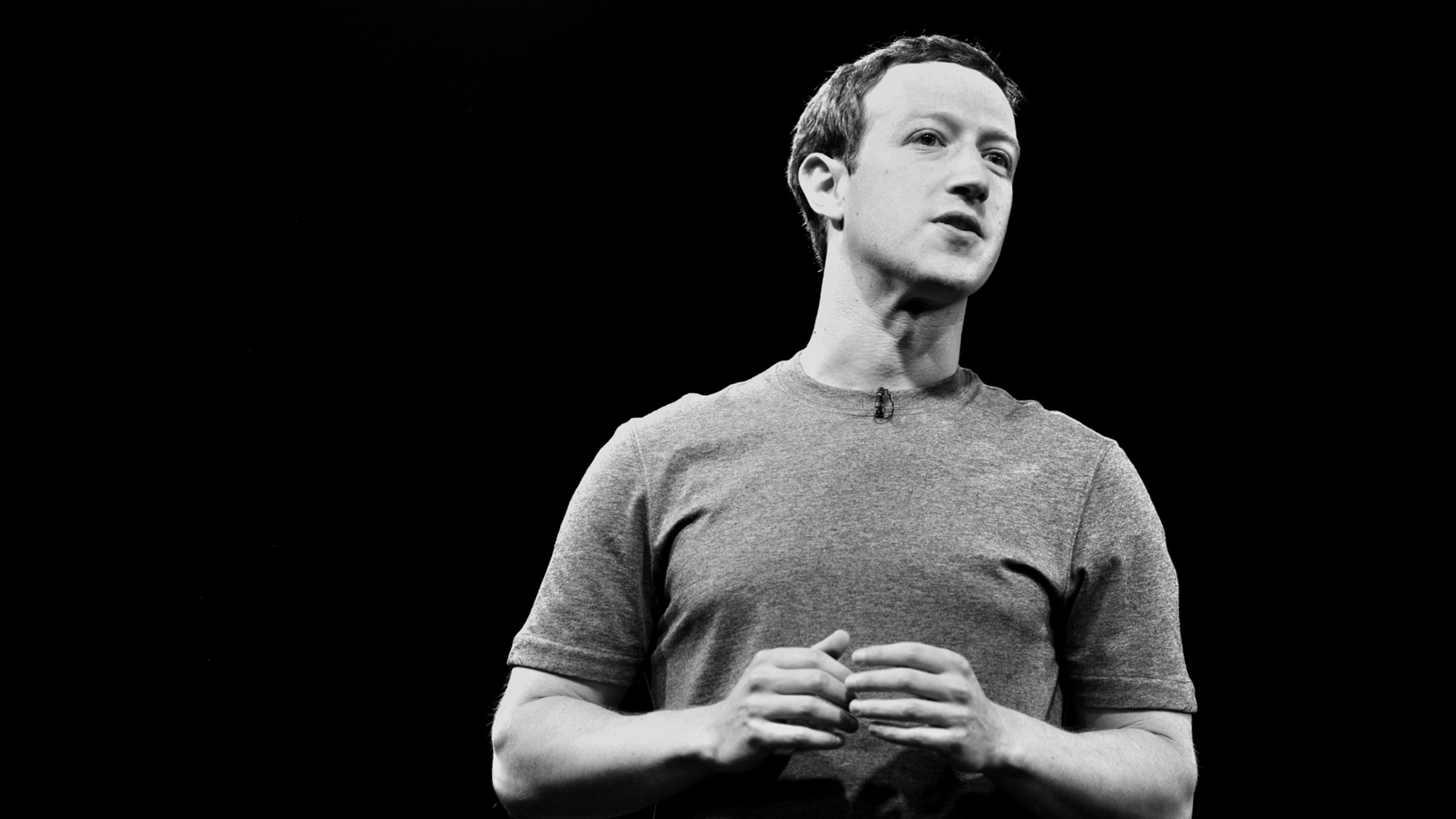About a year ago, Mark Zuckerberg began publicly pushing a certain idea about social media and its supposed benefits, one he said was backed up by research: Facebook, the CEO claimed, is more beneficial to users when they engage more frequently with people they care about, rather than just scrolling through the news feed and passively looking at posts. It sounds logical enough, even if it’s a bit self-serving coming from someone who stands to personally gain from increased engagement on Facebook, but now social media researchers are beginning to poke holes the hypothesis that there’s a right way and a wrong way to use Facebook.
New findings, revealed last week in a major study by researchers at Stanford University and New York University, threaten to undermine what has become one of Zuckerberg’s most salient pro-Facebook arguments, and a key justification he cited for controversial algorithm changes rolled out last year that favored posts from friends and family over those of news outlets and other pages. Those changes were part of the Facebook CEO’s new emphasis on “meaningful interactions,” something he outlined in a Facebook post in January 2018:
“The research shows that when we use social media to connect with people we care about, it can be good for our well-being. We can feel more connected and less lonely, and that correlates with long term measures of happiness and health. On the other hand, passively reading articles or watching videos — even if they’re entertaining or informative — may not be as good.”
But the new research casts doubt on that conclusion. In the largest study of its kind, researchers examined the behavior of more than 2,800 Facebook users in an attempt to determine how the site affects people’s well-being. While the study attracted a lot of attention last week for its conclusion that deactivating your Facebook accounts can be good for your mental health, it also called into question past research that seemed to place a premium on the kind of “active” Facebook use Zuckerberg has been publicly espousing.
“We find little evidence to support the hypothesis suggested by prior work that Facebook might be more beneficial for ‘active’ users—for example, users who regularly comment on pictures and posts from friends and family instead of just scrolling through their news feeds,” the researchers wrote.
In doubting increased benefits for active Facebook use, the new study cites work by some of the very researchers that Zuckerberg and Facebook pinned their arguments on. Previous studies cited by Facebook found that people who exchanged more comments and messages reported improvements in social support, depression, and loneliness.
The Stanford study, however, found that people who deactivated their Facebook accounts reported similar effects on subjective well-being, regardless of whether they were active or passive Facebook users. “Perhaps surprisingly, we see no differences in the effects of deactivation on the subjective well-being index,” the researchers wrote.
Reached for comment, a Facebook spokeswoman pointed out that the new study is one of many on the topic and “should be considered that way.” She also pointed to sentences in the study text in which the researchers acknowledge that Facebook produces “large benefits” for users and that discussions about its downsides “should not obscure the basic fact that it fulfills deep and widespread needs.”
Per the Facebook spokeswoman:
“Our teams have been working hard on these issues. We’ve introduced several new tools so people can take greater control of their experience and made product updates to increase the number of meaningful conversations and connections people have on Facebook. We have more work to do, but we’re making steady progress.”
She did not address specific questions related to active-versus-passive Facebook use, or how the new findings might play into Facebook’s strategy going forward.
When Zuckerberg first wrote about his “meaningful interactions” mantra, it reflected a significant change in positioning, one that came in the wake of mounting evidence that too much screen time is having a negative impact on people’s well-being. Faced with that criticism, Zuckerberg said at the time that Facebook would no longer simply encourage people to use the service, but rather it would focus on encouraging them to use it the right way. That meant tweaking news feed algorithms and nudging users toward content from their friends and family.
But those changes had a corrosive effect on some businesses that relied too heavily on Facebook traffic, including media outlets like Mic and BuzzFeed, both of which have since suffered substantial cuts. As new research continues to comes out, it will be interesting to see if the “meaningful interactions” approach can stand the test of time.
Recognize your brand’s excellence by applying to this year’s Brands That Matter Awards before the early-rate deadline, May 3.
